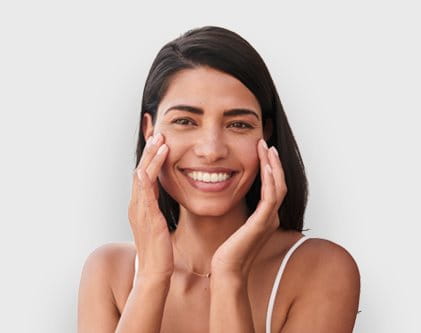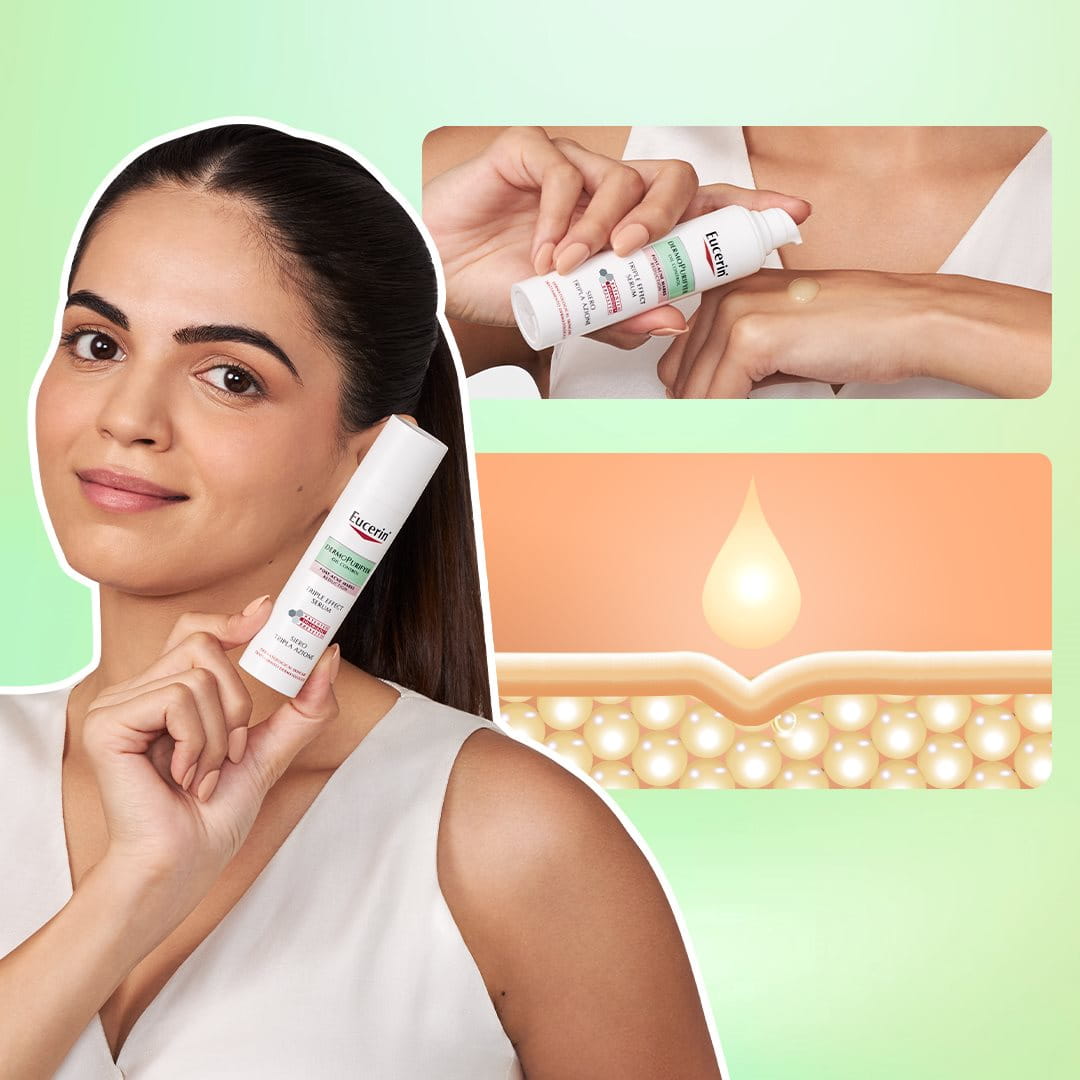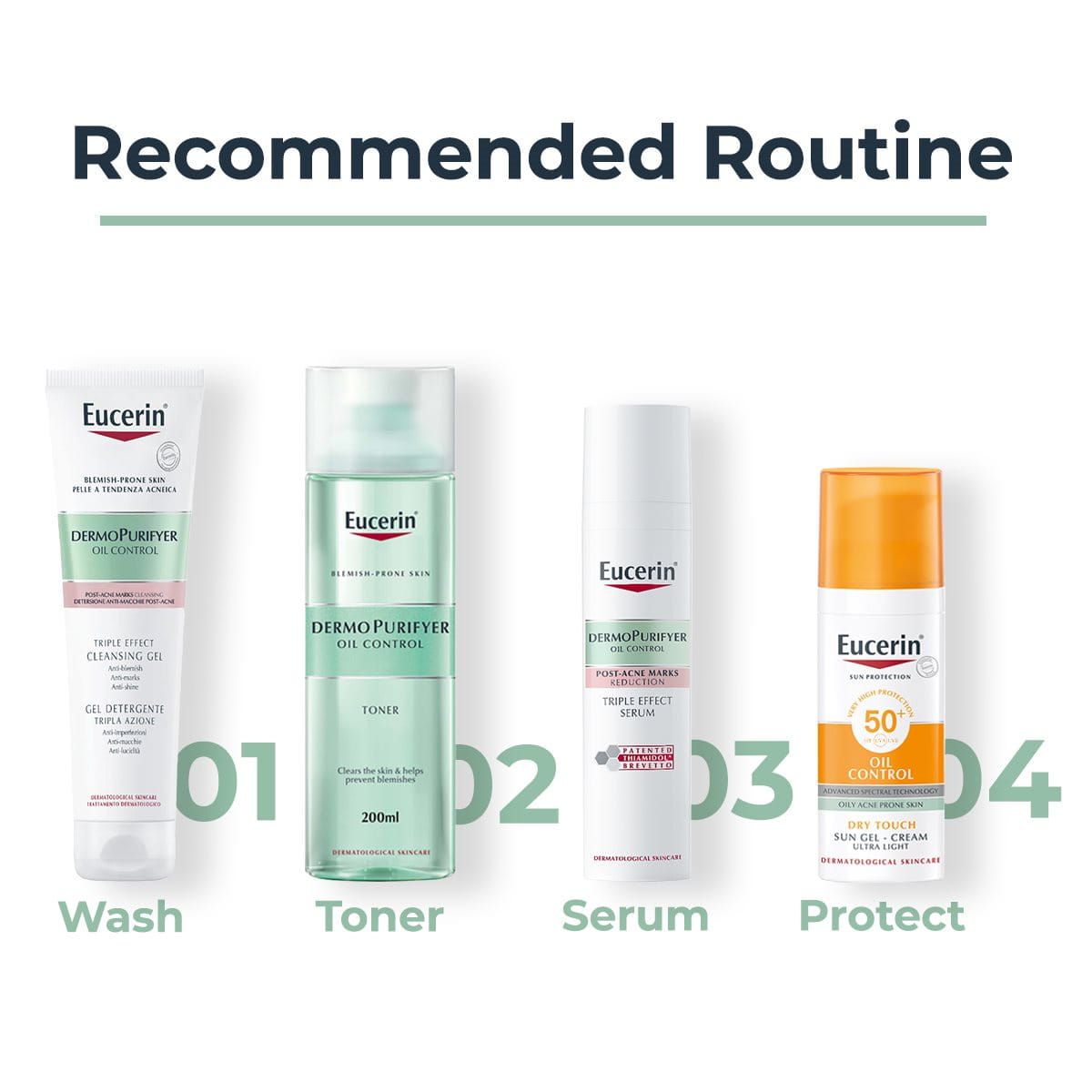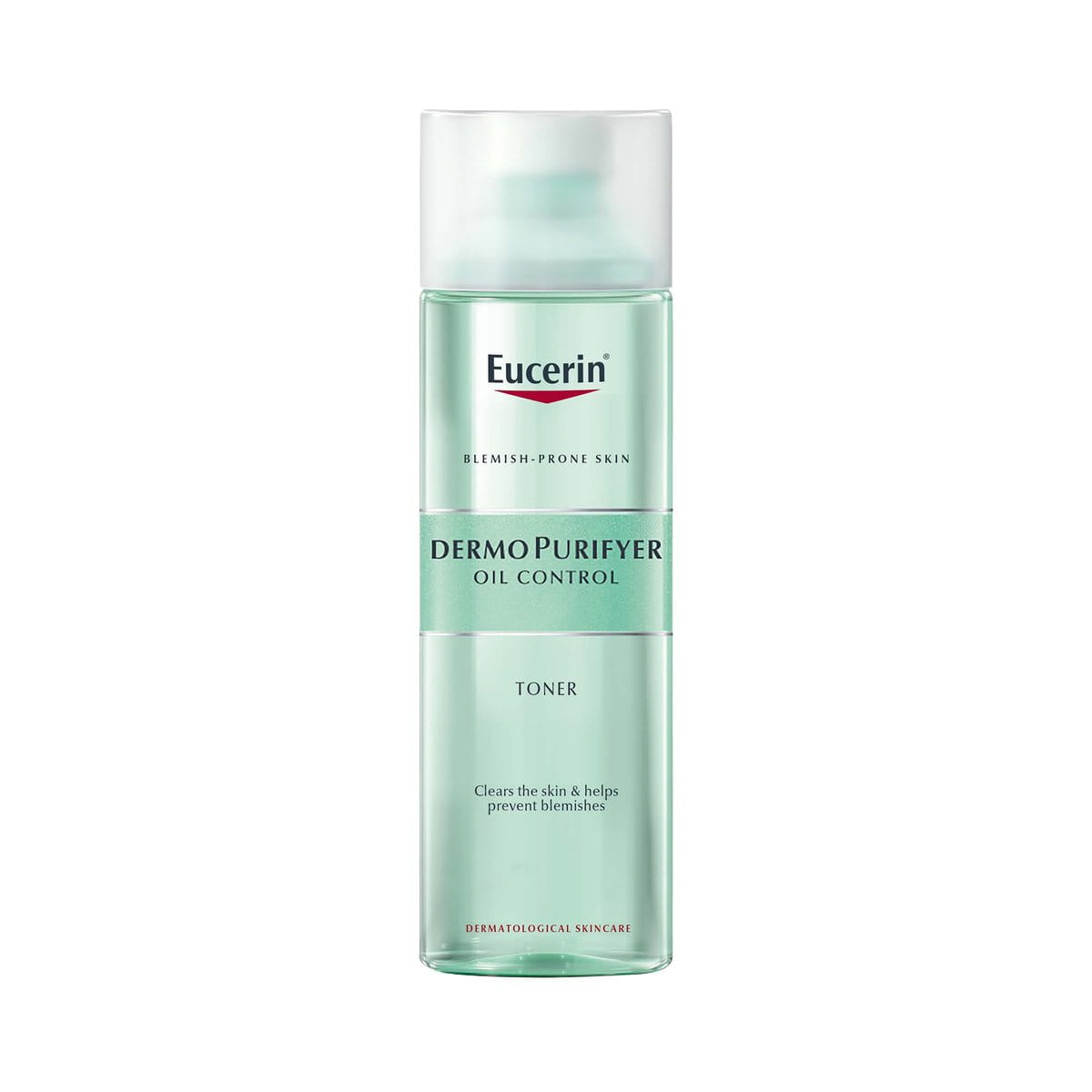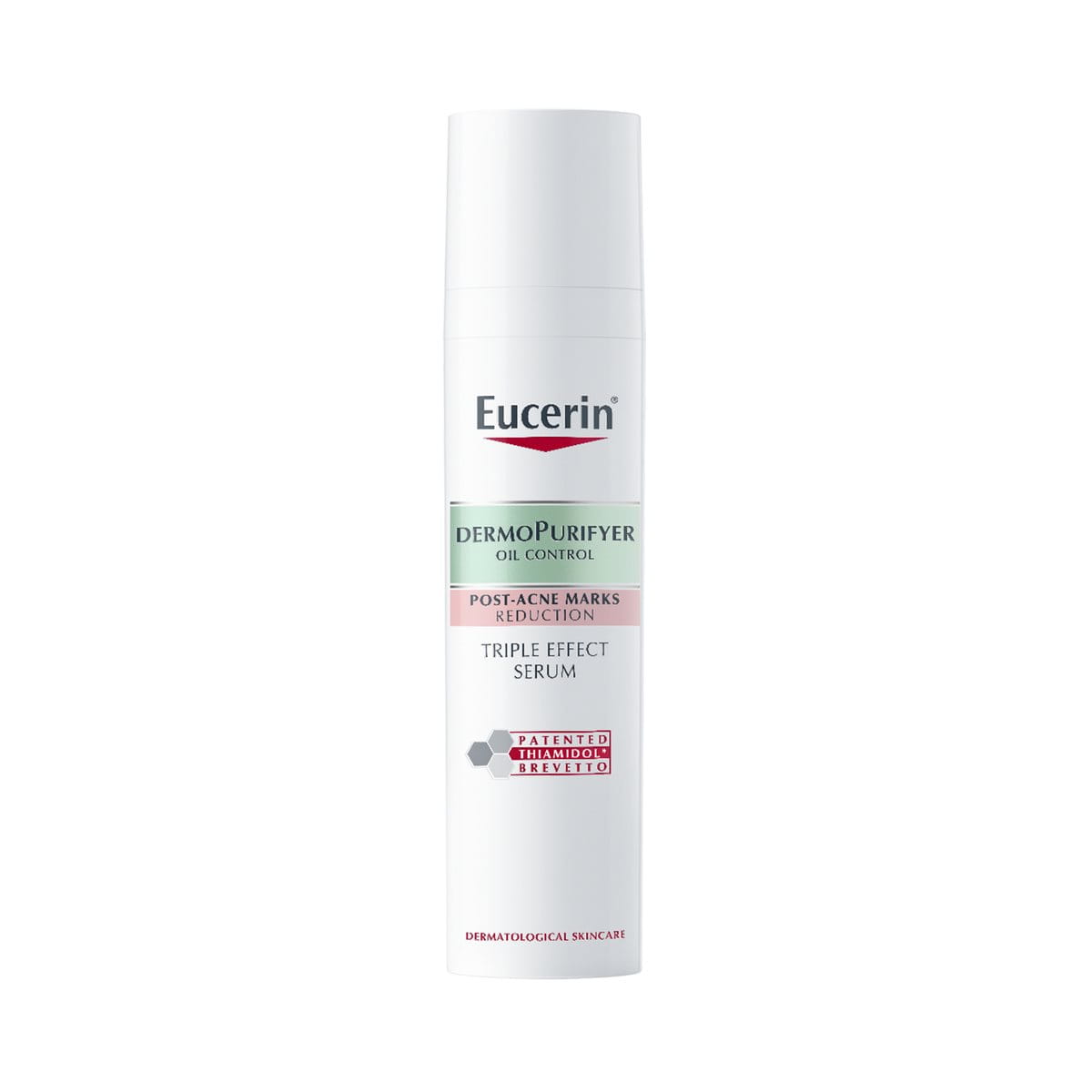Clogged facial pores are where it all begins. Acne, pimples, whiteheads, blackheads, scars, and pigmentation all occur due to excessively oily and clogged pores. Understanding the causes, treatments, and preventing clogged pores is essential to achieving clearer, healthier skin. Here’s all you need to know -
Keynotes:
- Facial pores can get clogged due to excess oil, dead skin cells, and pollutants, and can be a trigger for acne.
- You can maintain unclogged pores by cleansing, chemical exfoliation with AHAs/BHAs, and using non-comedogenic skincare and makeup.
- Preventive habits like maintaining product hygiene and a balanced diet also support clearer pores and skin.

